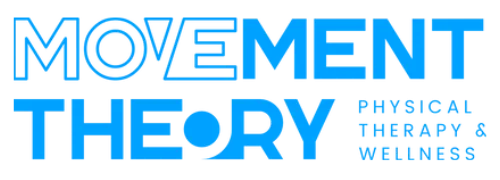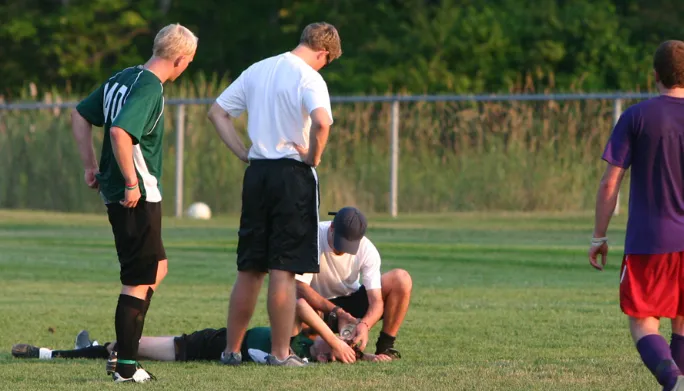Welcome to the second blog in our series on concussions and vestibular issues. In our previous post, we explored the basics of concussions, their symptoms, and the importance of seeking immediate medical attention. In this installment, we will dive deeper into the complex causes of concussions and the potential complications that can arise from these traumatic brain injuries.
The Causes of Concussions:
Concussions can occur in a variety of situations, but they typically involve a sudden and forceful impact on the head or body. Common causes of concussions include:
1. Sports-Related Injuries: Contact sports like football, soccer, and hockey are often associated with a higher risk of concussions. However, concussions can occur in virtually any sport.
2. Falls: Falling from a significant height or slipping and hitting your head can result in a concussion.
3. Motor Vehicle Accidents: Car accidents and other motor vehicle collisions can lead to concussions, especially if there’s a sudden deceleration or impact.
4. Assaults: Physical altercations or acts of violence can result in head injuries and concussions.
5. Blasts or Explosions: Military personnel and others exposed to blasts or explosions are at risk of experiencing concussions.
Potential Complications:
While most concussions resolve without long-term issues, they can lead to various complications, especially if not managed properly. Some potential complications include:
1. Post-Concussion Syndrome: Some individuals experience lingering symptoms such as headaches, dizziness, and cognitive difficulties for weeks or even months after the initial injury.
2. Second Impact Syndrome: If a person sustains a second concussion before fully recovering from the first, they are at risk of second impact syndrome, a rare but life-threatening condition.
3. Memory and Cognitive Issues: Concussions can affect memory and cognitive function, impacting daily life and work or school performance.
4. Emotional Changes: Mood swings, irritability, anxiety, and even depression can result from concussions.
5. Sleep Disturbances: Sleep problems, such as insomnia and changes in sleep patterns, are common after a concussion.
6. Post-Traumatic Headache: Some individuals experience persistent and severe headaches following a concussion.
Proper Management is Key:
Proper management of concussions is essential to prevent complications. If you or someone you know has experienced a concussion, seeking immediate medical evaluation and adhering to the recommended treatment plan are crucial steps.
At Movement Theory Physical Therapy & Wellness, we specialize in helping individuals recover from concussions and navigate the challenges they may present. We’re here to provide expert guidance and support on your journey to recovery.
– Phone: (817) 907-7993
– Website: themovementtheory.org
In our next blog, we’ll explore the role of physical therapy in managing and recovering from concussions, including techniques and exercises that can aid in the healing process. Stay tuned for valuable insights on the path to recovery and improved well-being.



